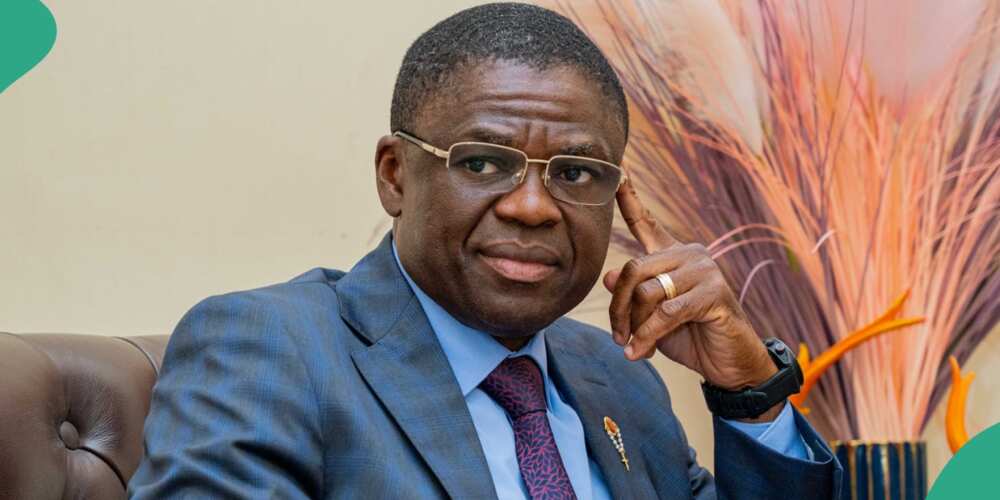In a recent political development in Edo State, the Governor, Godwin Obaseki, has firmly maintained that the Deputy Governor, Philip Shaibu, remains impeached, despite a court ruling that temporarily reinstated him. Obaseki’s insistence came after Shaibu issued a warning to high-ranking state officials, advising them to be vigilant against potential looting of government properties by political appointees. The Governor’s assertion strips Shaibu of any authority to issue directives, suggesting that the Deputy Governor’s position is effectively invalid until a final judicial resolution determines his status. This exchange underscores the political tension and lingering uncertainty surrounding Shaibu’s impeachment.
The background to this dispute dates back to July when the Federal High Court in Abuja ruled to reinstate Philip Shaibu, declaring that the Edo State House of Assembly did not adhere to proper procedures during his impeachment. Presiding Justice James Omotosho highlighted the need for due process, reversing the Assembly’s actions. Shaibu’s return to office, however, was not seamless, as ensuing motions filed by both the Edo State Government and the Assembly to contest this ruling were dismissed. The court’s decisions have imposed financial penalties amounting to ₦400,000 on the government and the Assembly for their unsuccessful attempts to challenge the reinstatement.
In Obaseki’s recent statement, he characterized Shaibu’s comments as nonsensical and unauthorized, reiterating that until the matter is conclusively resolved in court, Shaibu’s capacity to lead or influence the state apparatus is null and void. The Governor’s language suggests a deliberate attempt to undermine Shaibu’s credibility and authority, further intensifying the rift between the two political leaders. By instructing Edo workers to ignore Shaibu’s claims, Obaseki aims to consolidate his governance and ensure that the functioning of state departments remains unaffected by the ongoing political turmoil.
The ongoing feud between Obaseki and Shaibu reflects broader political dynamics in Edo State, where issues of governance, loyalty, and political legitimacy are at play. The division has impacts that extend beyond the two officials, affecting the administration’s stability and potentially influencing the morale of civil servants tasked with implementing government policies. The tension also reflects the challenges of political alignments and the potential for friction within the ranks of the ruling party, making governance in the state increasingly complex.
Furthermore, the dispute raises questions about the efficacy and integrity of the political processes governing impeachment and reinstatement in Nigeria. The courts have become a battleground for political contestation, underlining the critical role of the judiciary in adjudicating disputes that arise from legislative actions. This scenario serves as a reminder of the delicate balance of power and the concept of due process in political systems, suggesting that legal interpretations can significantly shape the political landscape.
In conclusion, the situation in Edo State remains in limbo as the conflict between Governor Obaseki and Deputy Governor Shaibu continues to unfold. With Obaseki’s clear assertion that Shaibu’s impeachment stands, and considering the recent judicial rulings, the political atmosphere is charged with uncertainty. Both leaders are positioned in a high-stakes game that could ultimately redefine political alliances in Edo State. As the court prepares to make a final determination, the implications of this dispute will have lasting effects on governance and public trust in political institutions in the region.


